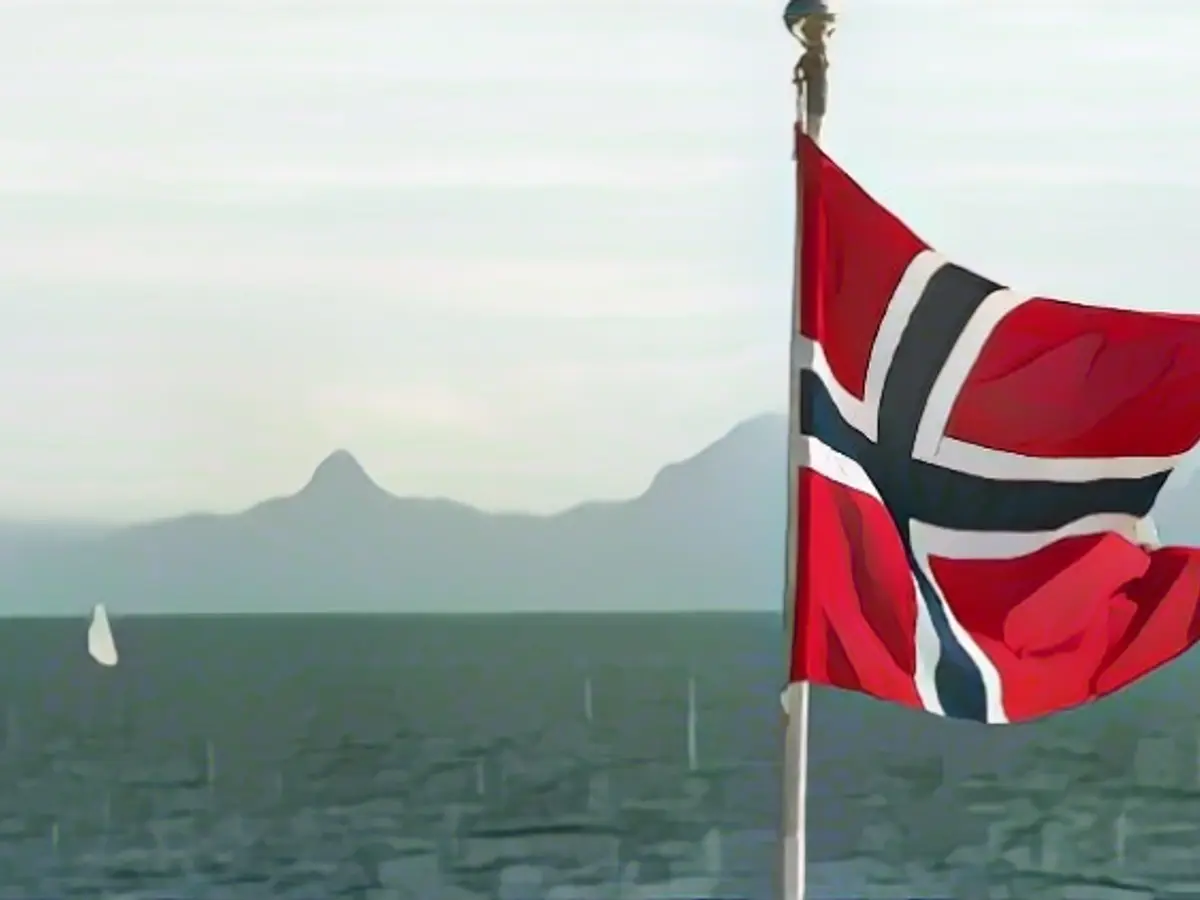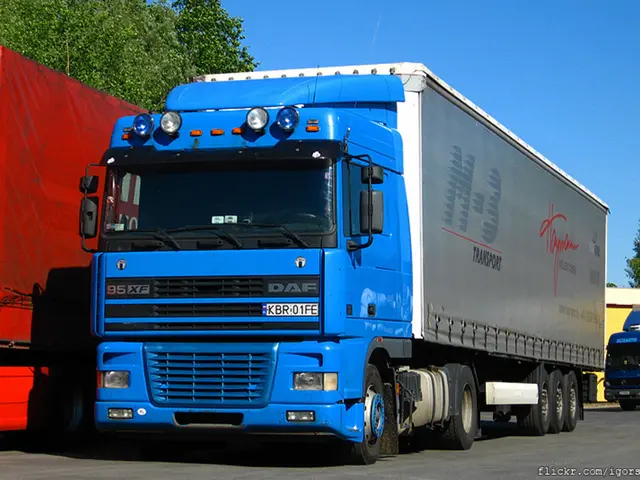Norway's Left-Leaning Government Favors Deep-Sea Mining for Green Technologies
The Norwegian government, made up of center-left politicians, has struck a deal with the opposition parties to partially allow deep-sea mining in certain areas. This move comes as the Scandinavian nation aims to drive the shift towards greener technologies through the use of fuel cells, solar panels, electric vehicles, and smartphones, all of which need the requisite minerals. The agreement, unveiled at a press conference by Social Democrat MP Marianne Sivertsen Naess, has stirred up anger among environmental activists.
Becoming a Seabed Mining Pioneer
By opening up parts of the seabed in Greenland and the Barents Sea for exploration, Norway could potentially become one of the first countries to delve into the world of deep-sea mining for mineral resources.
The Conservative Party and the populist right have endorsed this move, with Conservative MP Bard Ludvig Thorheim stating that mining would be permitted only if the available data suggested that it could be done sustainably and responsibly.
Concerns Surrounding Deep-Sea Mining
However, critics argue that deep-sea mining could lead to significant damage to marine ecosystems, posing threats to various marine species. Non-governmental organizations (NGOs) and researchers alike raise concerns over the ocean's ability to absorb CO2 as well as the potential impact on marine life, particularly whales.
In response to these apprehensions, some countries, such as France and the United Kingdom, have advocated for a moratorium on seabed mining, believing it is crucial to preserve and protect marine ecosystems.
The Balance Between Economic and Environmental Considerations
The Norwegian government justifies its position, emphasizing the necessity of these minerals in the shift towards more sustainable forms of energy and transportation. The economic potential of deep-sea mining is vast, with the Clarion-Clipperton Zone, a part of the Pacific Ocean, containing high-value resources like cobalt and nickel, essential for developing green technologies.
While environmentalists raise valid concerns, proponents of deep-sea mining argue that with the right technologies and mitigation strategies, the environmental impact can be minimized, and the benefits outweigh the risks.
Deep-Sea Mining: Pros and Cons
Proponents highlight the economic potential of deep-sea mining as well as the opportunity to alleviate the environmental consequences of land-based mining operations. They also underline the reduced carbon intensity of deep-sea mining and the potential technological advancements that can help mitigate the environmental impact.
On the other hand, opponents worry about the destruction of deep-sea ecosystems, the release of methane, the accumulation of heavy metals in tissues of shellfish, and the lack of a comprehensive legal framework for deep-sea mining operations. Issues such as the high initial investments required for deep-sea mining operations and the potential impact on marine biodiversity make this a complex and contentious issue.
The Future of Deep-Sea Mining in Norway
The controversy surrounding deep-sea mining in Norway has led to calls for a moratorium on seabed mining in certain areas, while proponents push for the country to capitalize on this opportunity to secure the resources needed for the green transition. The decision, and its implications, will continue to spark debate as Norway navigates this complex issue.





